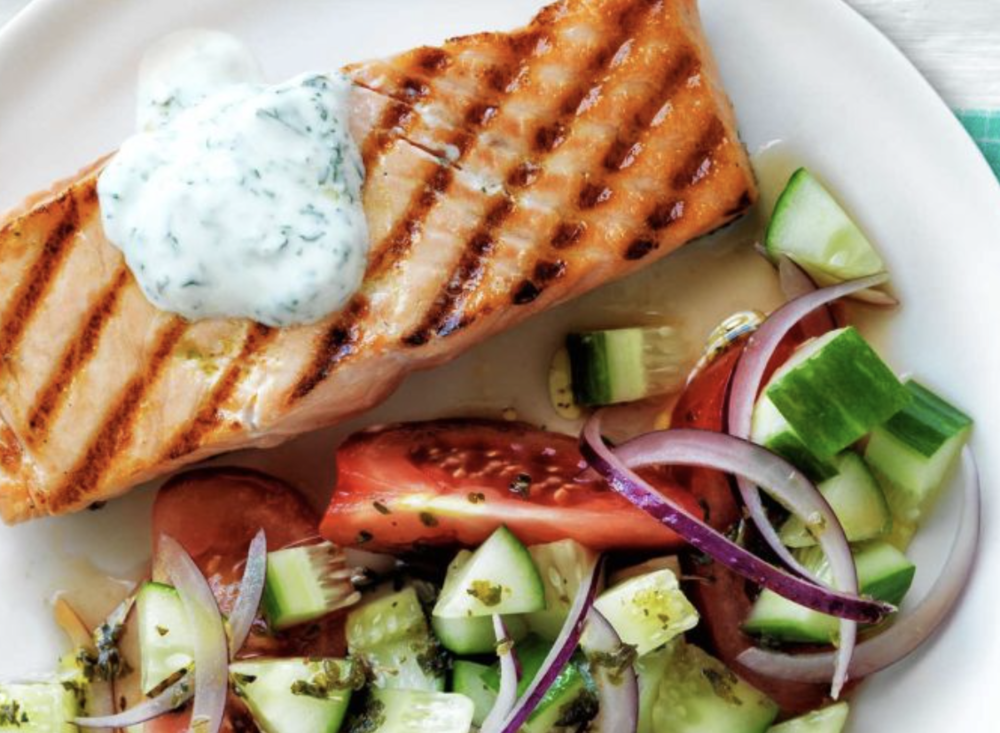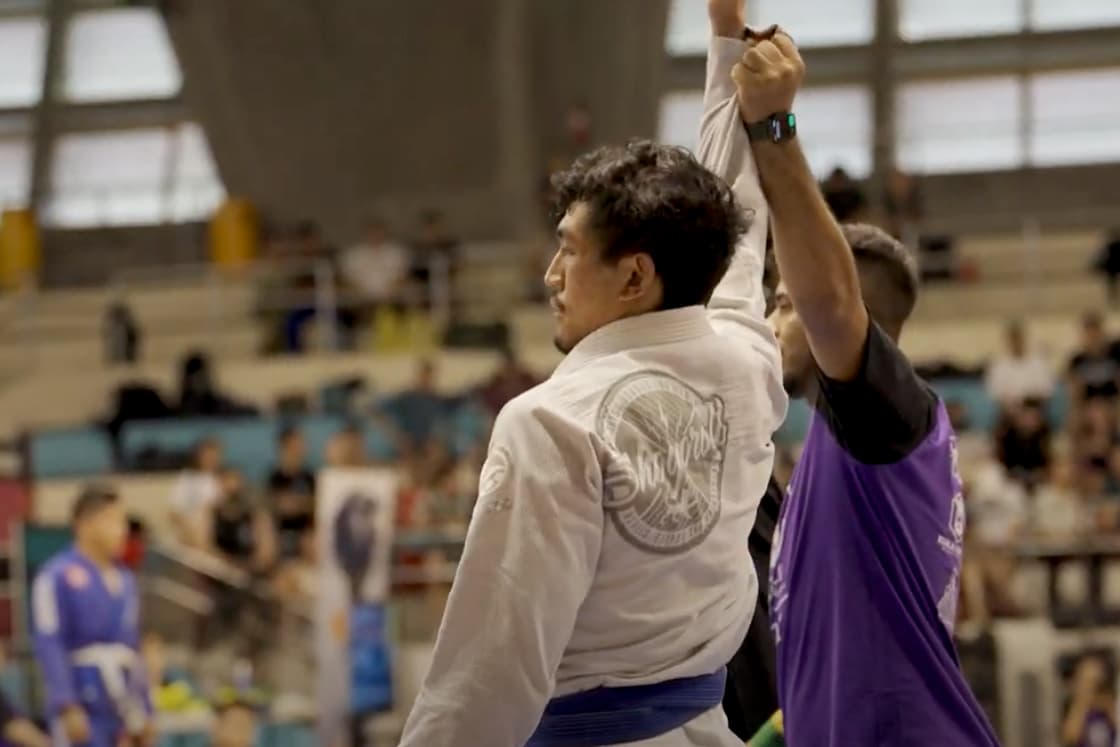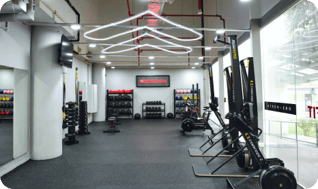There is a lot of conflicting information around the subject of nutrition and more
specifically, around carbohydrates and sport performance. Everyone seems to be doing
something different, from keto, to low-carb, to training low and competing high, and so on…
but do these strategies actually work? It can be difficult to navigate information and even
harder know where to find anything reliable. If you can relate, keep reading to find out the
evidence.
What are Carbohydrates?
Carbohydrates (Carbs) are your body’s preferred energy source. They are found in various
forms; starchy foods such as bread, pasta, rice, grains and cereals and in simple sugars such
as refined sugar, honey, syrup and the like. They are also found in fruits, vegetables, beans
and dairy products. All carbohydrates are essentially broken down into sugar molecules in
the body and the storage of this sugar is called glycogen. The majority of the body’s
glycogen is stored in the muscles and liver. When you exercise, especially at high intensity,
your body prefers to use glycogen as its primary energy source. Your body likes to use
multiple sources of energy though, and instead of only using glycogen, it often also uses fat
as a secondary source.
Why would someone go low carb?

How you train and how you fuel around your training sessions can directly impact your level
of fitness and sport performance. Traditional approaches to managing nutrition for
endurance training have advised to follow a high carbohydrate diet. New research has
emerged in recent years, discovering more about the complexities of fuel and performance,
showing convincing results regarding the possible benefits that a varying intake of nutrients
can offer in training adaptations.
Muscles start using fats as a primary energy source
Strategies that train our muscles to use fat as the primary energy source over glycogen,
essentially make an athlete more efficient at using fat as an energy source over
carbohydrates whilst exercising. Various low-carb diets have been studied, some including
the keto diet, train low and compete high, sleep low, training fasted, and so on. There have
been some positive outcomes in muscle adaptations for some of these diets. Prof. John
Hawley and colleagues found that sleeping low may exaggerate some training adaptations.
Perform at a greater intensity for longer

However, the results are not consistent. The concept of “train low and compete high” is to get
the best of both worlds by deliberately reducing carbohydrate availability during training,
and then restoring carbohydrate availability prior to an event so that the athlete can perform at
a greater intensity for longer. While ‘Training low’ can be useful depending on your goals,
consistently being ‘low-carb’ is likely to impede your ability to use carbs as a fuel source. By
competition day, this could hinder you more than it helps. Over 70% of the research in this
area has produced positive outcomes in muscle adaptations. However, this does not always
relate to improved exercise performance. For studies measuring performance outcomes,
only 37% showed improvement, whilst 63% resulted in no change to performance.
On the whole, the quality of research is lacking and therefore we are unable to make appropriate
recommendations towards the optimal use of low carb, high fat diets for athletic
performance.
Adequate carbohydrates optimise performance and recovery
On the contrary, research consistently shows that exercise with high carbohydrate
availability improves acute exercise performance when compared to exercising in a state of
low carbohydrate availability. The evidence continues to highlight the benefits of consuming
carbohydrate-rich foods before, during, and after intense training or competitions to ensure
that muscle glycogen stores are replenished. This supports that ingesting adequate
carbohydrates optimises sports performance and recovery.
So how much carbohydrates should you consume?
Individuals engaging in general fitness and not training for any particular sports
performance goal can typically meet daily carbohydrate needs by consuming a “normal”
diet. However, athletes involved in moderate or high-volume training need larger amounts
of carbs (and protein) in their diet to support the increased demands.
Depending on your goals, you may still want to limit carbohydrates and therefore it might
be suitable for you to adopt some carbohydrate periodisation strategies as part of your
nutrition plan. This is to ensure you are adequately fuelled for your hard training sessions
and events to optimise your sport performance and recovery. If you have questions about
your carbohydrate intake and fuelling optimally for sports, drop into UFIT to consult a
Registered Dietitian or Nutritionist with experience in sports nutrition.
References
Kerksick, C.M., Wilborn, C.D., Roberts, M.D. et al. (2018) ISSN exercise & sports nutrition
review update: research & recommendations. J Int Soc Sports Nutr 15, 38.
https://doi.org/10.1186/s12970-018-0242-y
Tiller, N.B., Roberts, J.D., Beasley, L. et al. (2019) International Society of Sports Nutrition
Position Stand: nutritional considerations for single-stage ultra-marathon training and
racing. J Int Soc Sports Nutr 16, 50. https://doi.org/10.1186/s12970-019-0312-9
Jeukendrup, A. E. (2017) Periodized nutrition for athletes. Sports Med, 47 (Suppl 1): S51-S63.
Burke, L., & Hawley, J. (2015) Nutritional strategies to enhance fat oxidation during aerobic
exercise. In Burke, L. & Deakin, V. (5th Eds), Clinical sports nutrition (pp 463 - 492). Sydney,
NSW: McGraw-Hill.
/01%20Pages/01%20About/Team/Ellie%20Cheale%20540.webp?width=290&name=Ellie%20Cheale%20540.webp)

.png?width=301&height=187&name=Website%20Navigation%20Images%20(3).png)

-1.jpg?width=1984&height=1196&name=UFIT%20Club%20Street%20Front%20(4)-1.jpg)






